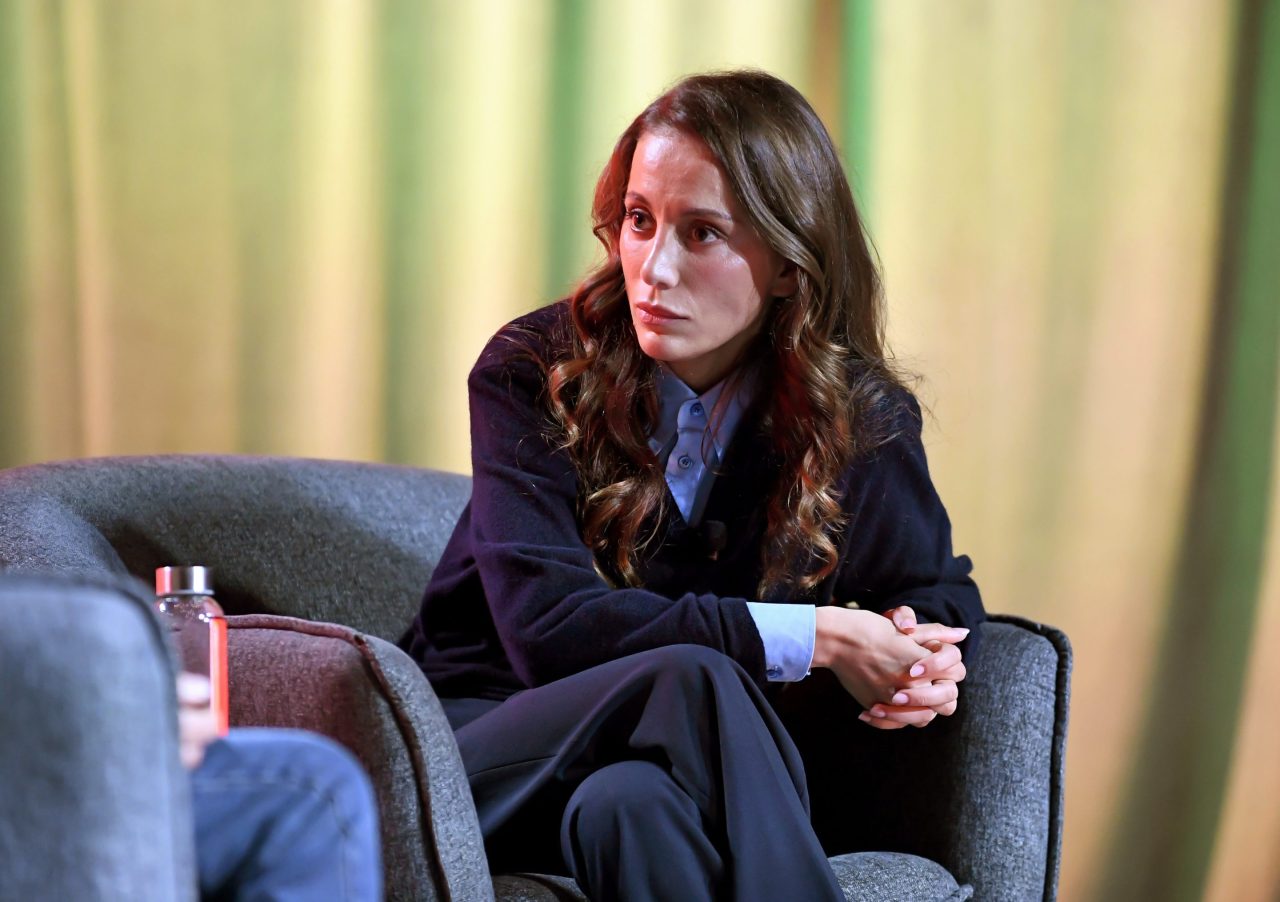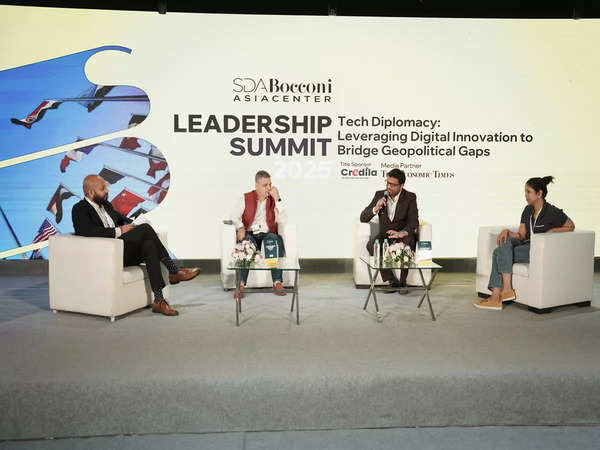An investigation by the BBC has revealed that some tomato purees sold in UK supermarkets as “Italian” may actually contain tomatoes grown in China’s Xinjiang region, an area linked to forced labour practices. Products like Tesco’s “Italian Tomato Purée,” Asda’s double concentrate, and Waitrose’s “Essential Tomato Purée” are among those implicated in the findings.
Xinjiang, a region producing much of China’s tomato crop, has been at the center of global scrutiny for human rights abuses. Over a million Uyghur Muslims and other minorities have reportedly been detained in “re-education camps” since 2017, with many subjected to forced labour. Detainees recount horrific experiences, including being forced to harvest hundreds of kilograms of tomatoes daily under threat of torture.
The investigation traced the journey of Xinjiang’s tomatoes to Europe. Many are transported by train through Central Asia before being shipped to Italy, where they are processed by companies like Antonio Petti. This Italian firm, which supplies tomato products to UK and German supermarkets, imported over 36 million kilograms of tomato paste from Xinjiang suppliers between 2020 and 2023.
Testing by Source Certain, a forensic firm specializing in origin verification, revealed that 17 supermarket tomato purees likely contained Chinese tomatoes despite being marketed as Italian. Tesco, Waitrose, and other retailers dispute the findings, but some, like Lidl, admitted to briefly using Chinese tomatoes in their products due to supply chain issues.
The BBC’s investigation also uncovered past allegations against Petti, including a raid by Italian authorities in 2021 for allegedly mislabeling Chinese tomatoes as Italian. Although the case was settled out of court, undercover footage showed Petti’s General Manager acknowledging the use of Chinese tomatoes for clients willing to accept them.
This scandal highlights a larger issue with global food supply chains. Activists warn that weak regulations, particularly in the UK, make it a potential dumping ground for products tied to forced labour. While the EU is strengthening its laws, the UK government faces pressure to reform its Modern Slavery Act and introduce clearer product labeling.
Dario Dongo, a food lawyer, emphasized the deeper issue: “When we see low prices, we must ask, what is the true cost of this product? Who is paying the price?” The findings underscore the need for greater transparency and accountability in supply chains to protect human rights.




